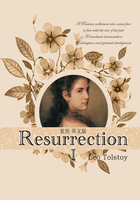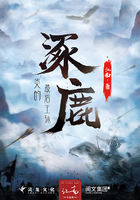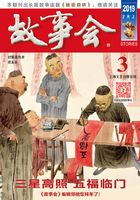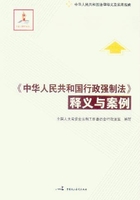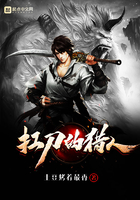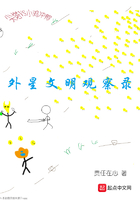Deepak Bhargava and Nathaniel Loewentheil
AMERICA stands at a pivotal moment. A long and painful episode in our national story has ended, and a new and more promising chapter has begun.
Conservative politicians and ideologues, and their financial backers, commanded the stage for decades. Through action and inaction, they propelled our country toward crises on multiple fronts. From energy and climate, to poverty and inequality, to race and immigration and the role of the United States in the world, we inherit huge, interrelated problems, problems that call for a collective response on an unprecedented scale. At such a critical moment, there are at last promising signs that the political tide is shifting. But no election-not even the most sharply defined presidential contest in memory-can be more than a first step. Neither the weakening grip of conservative ideology nor a new regime in Washington will produce the kind of wholesale change that our country so badly needs.
At critical times in the past, progressives have stepped forward with bold visions and policies that transformed American politics, culture, and society. The Progressive Era, the New Deal, the civil rights revolution, and the Great Society all came about through a combination of grassroots activism, visionary thinking, and political leadership. In each case, the impetus for change and many of the big transformative ideas originated with progressive organizations and leaders operating outside the channels of mainstream politics.
In recent decades, progressivism faltered. It was conservatives who developed and moved the big ideas, while progressives triangulated, tweaked, and tinkered. Since the 1960s, progressives have been running on the fumes of the New Deal and Great Society, confining themselves largely to narrow issues silos and poll-tested phrases and positions. Content to play defense in many of the major political battles of the day, they were all too often cowed into submission by the vitality and confidence of the other side.
Now that scenario is changing. Instead of obsessing about what we are against, progressives have begun to think about what we're for-to prepare once again to play our role as agents of bold ideas and political and social transformation. Finding new confidence and imagination, we have begun to renew our intellectual capital. The essays in this volume draw on that new store of capital to sketch the outlines of a progressive agenda for twenty-first-century America. The authors cover a wide array of topics and, in their policy recommendations, present a few conflicting ideas. But all these essays reflect a belief in the need for fundamental change. The problems discussed here cannot be solved, the authors agree, through charity, volunteerism, or even well-meaning local and state governments, though surely all have a role. Individually and cumulatively, the essays make the case for the kind of concerted action that can come only through the agency of our national government. People have lost sight of the power of good government; we need programs that serve our national needs and encourage faith in our public institutions, creating a positive cycle of political change and space for further reform.
Yet the authors are also united in their recognition that profound change cannot be ordered from on high. It won't happen without courageous and farsighted political leadership; but that kind of leadership won't happen without political pressure-and creative thinking- from below and outside Washington. And both, history tells us, are more likely to come from the margins than from the center of established political discourse. It is no coincidence that a good many of the authors here are women or people of color, and many are relatively young. In that respect, they represent the future of the progressive movement, which will be bolstered by the coming of age of the millennial generation and find its strength in the growing diversity of our nation. Many of the organizations represented here are young themselves-part of a burgeoning set of progressive institutions founded in reaction to the center-right politics of recent years.
The essays follow a parallel structure. Each begins with broad principles and proceeds to more specific proposals. That format, too, reflects a belief shared by all the authors: our policy ideas must be linked to a picture of the nation and the world we hope to achieve, a vision that energizes our ideas and builds the political will for meaningful change.
Optimism is another recurring theme. In our greatest challenges, these authors see the greatest of opportunities. Climate change brings with it a renewed focus on our connection to the earth and underscores the unmistakable fact of humankind's shared fate. Technological progress promises increased interconnection and potentially paradigm-shifting innovations. Poverty and inequality are social realities, not inevitable outcomes of globalization. A new social contract is possible. We can make enormous progress in the short term-by empowering workers, creating green jobs, and fostering opportunity, for example-while rebuilding public confidence in a role for government and collective action.
Our optimism is central to our vision. We have many good reasons to be worried at this critical moment in human history. We'll need a rare combination of ideas, action, resolve, and leadership to meet the challenges that lie before us. These essays provide very good reasons to be hopeful.



